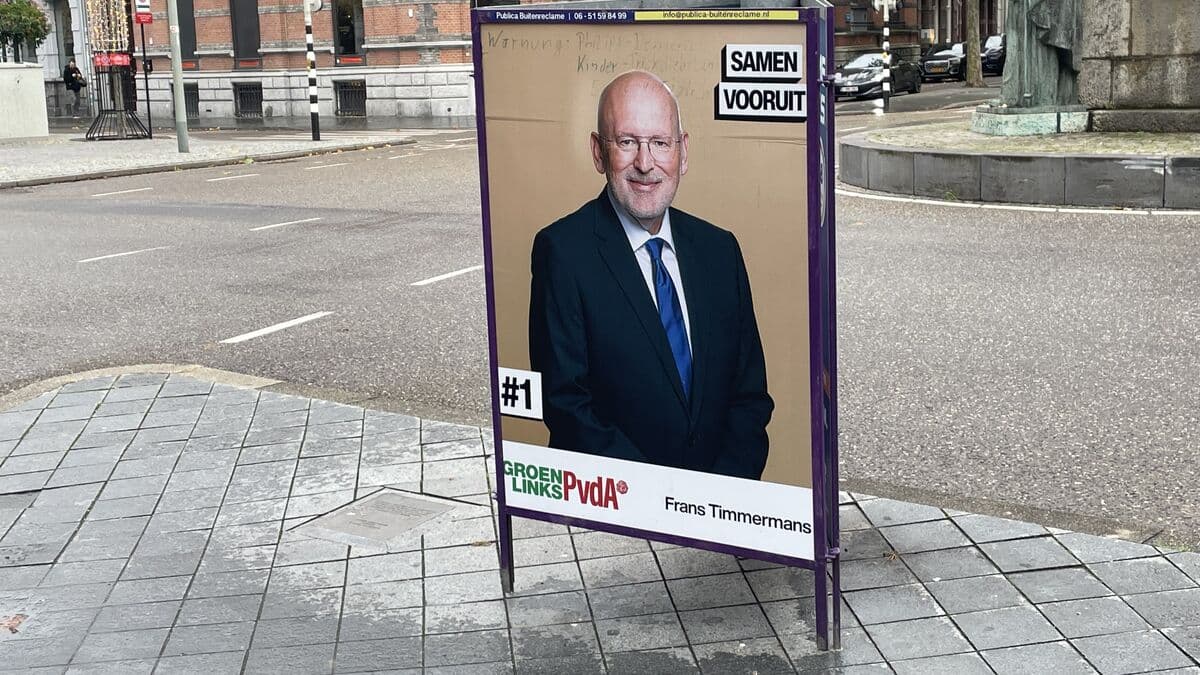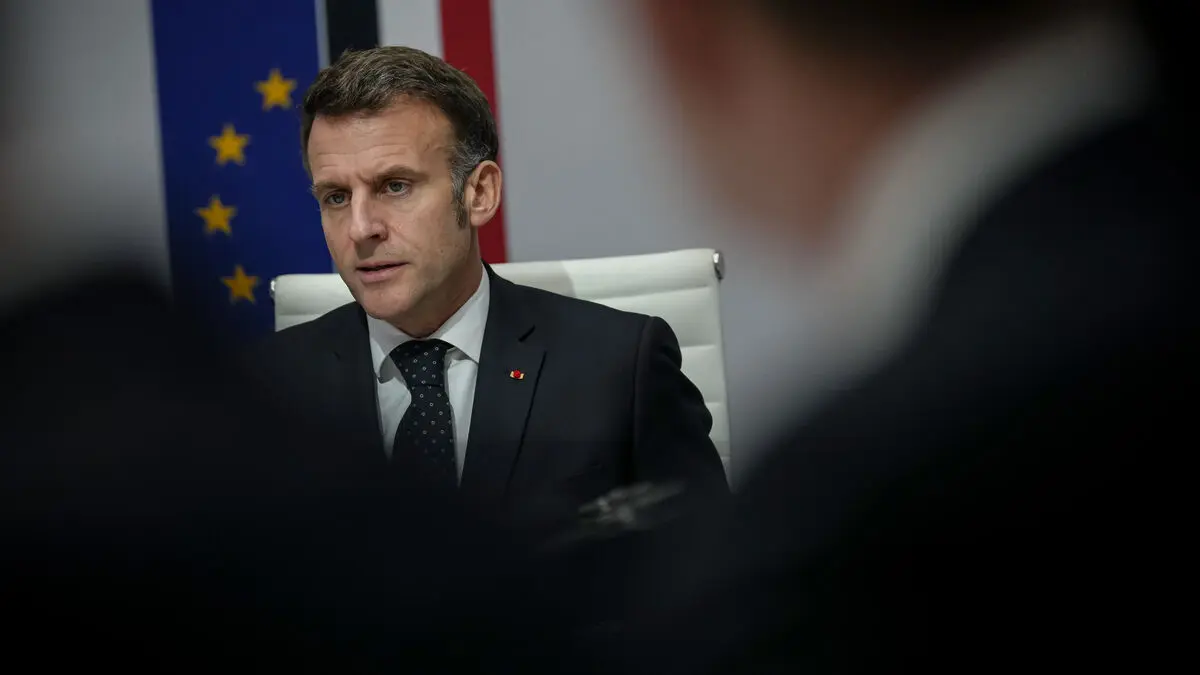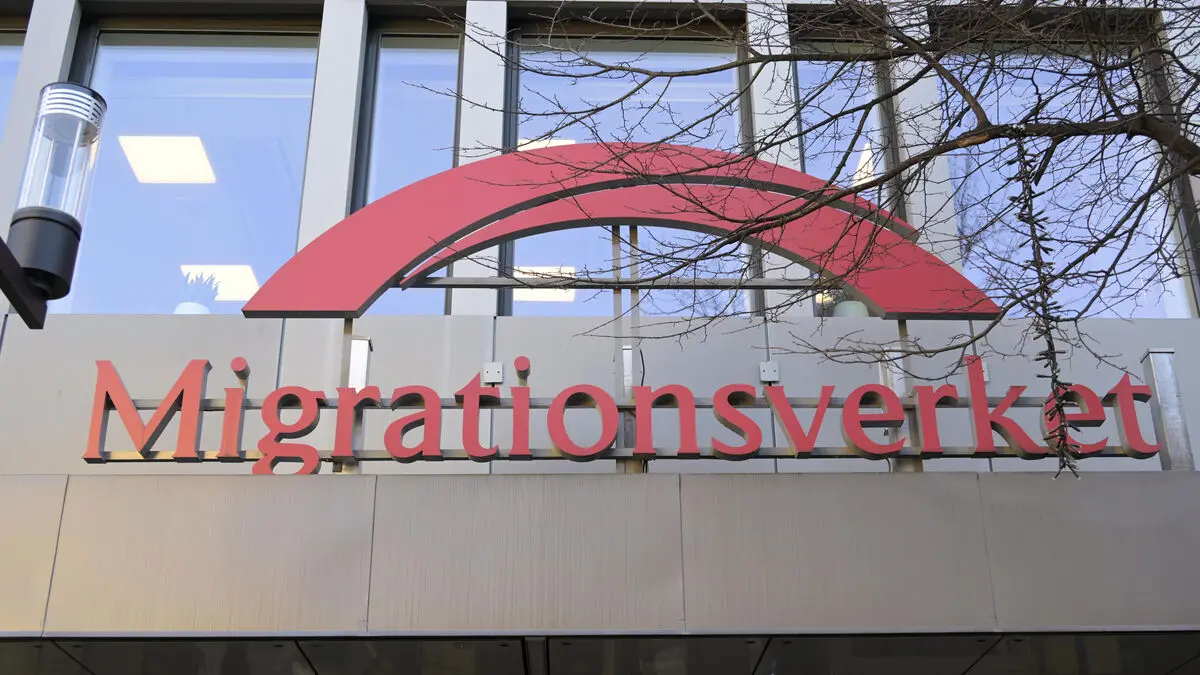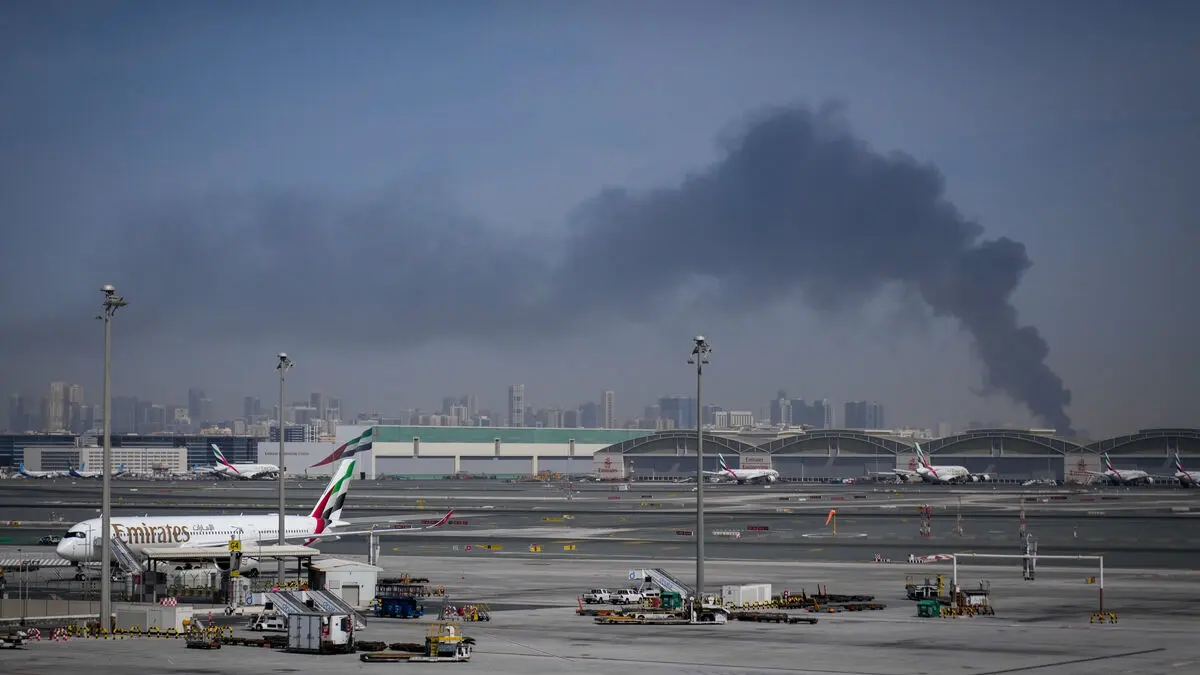In front of the town hall in Maastricht, the left-wing party SP sets up its election tent in a last hunt for new voters.
We have no real prime minister and a government that is completely broken. Now we hope for something super social, says local party leader Job Heusschen.
Wednesday's parliamentary election is the third in just four years in a country where the major parties have lost ground and constantly new movements swirl up – and then disappear again.
Tougher climate
The short election campaign this autumn has been characterized by an increasingly harsh political climate. A far-right demonstration in The Hague in September escalated into riots. In Amsterdam, social democrat Frans Timmermans was attacked by hooligans who made Hitler salutes and called him "Jew pig".
Muslim- and immigration-critical Geert Wilders has in turn been pointed out as one of the intended targets for a suspected terrorist group in neighboring country Belgium who were arrested in early October.
The terror threat made Wilders temporarily cancel part of his campaigning – something that has also been pointed out as a tactic from him to give extra attention and opportunity to now emerge in the election sprint as a fresh breeze.
In the autumn of 2023, his PVV increased significantly during the very last days before the election. Now he hopes for something similar in a situation where a whole bunch of parties are in a deadlock within a few percentage points.
Difficult compromise negotiations
The deadlock paves the way for difficult compromise negotiations. Last time it took over seven months to form a government. Then PVV was allowed to join – but only in a government where less prominent names were appointed as ministers.
In the last election, support for Wilders was strongest in the Limburg region, where Maastricht is located. In Kerkrade, right on the border with Germany, PVV received 44 percent of the votes, compared to 23 percent across the country.
SP leader Heusschen, however, feels a difference – not least because it was Wilders who caused this year's new election by withdrawing his support for the current government.
This year, not all Wilders voters slam the door when the left comes knocking.
Some think he was blocked, but others are disappointed: he got power, but he did nothing, says Heusschen in Maastricht.
Here are the main characters in Wednesday's parliamentary election in the Netherlands:
Geert Wilders, PVV – far-right veteran whose party is expected to become the largest, but which few are eager to rule with.
Frans Timmermans, GL/PVDA – former foreign minister and EU commissioner who leads an alliance of greens and social democrats.
Henri Bontenbal, CDA – new leader of the country's oldest conservative party, which has increased again after several disastrous elections in recent years.
Rob Jetten, D66 – left liberal who has sharpened his view on migration and electioneers about building ten new cities to solve the housing crisis.






